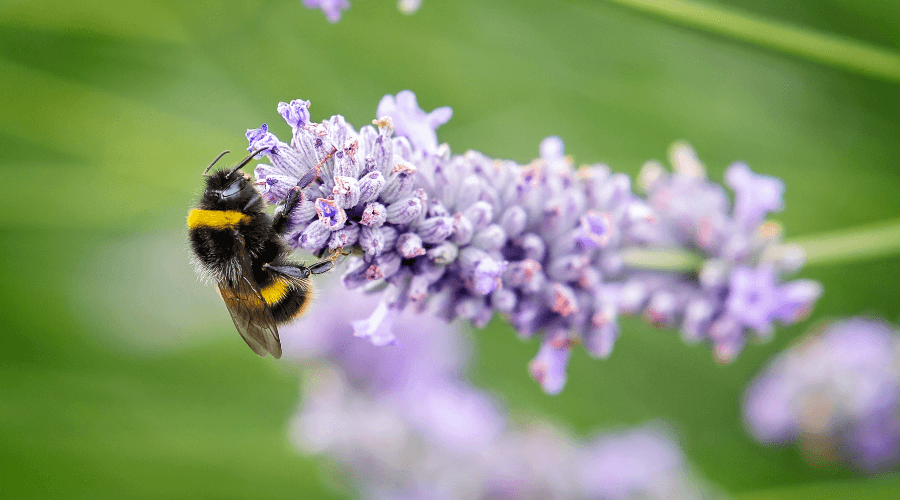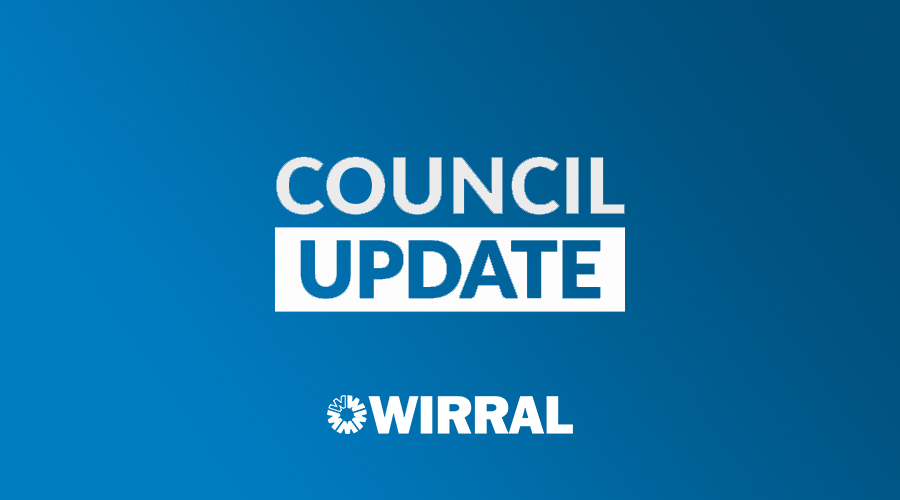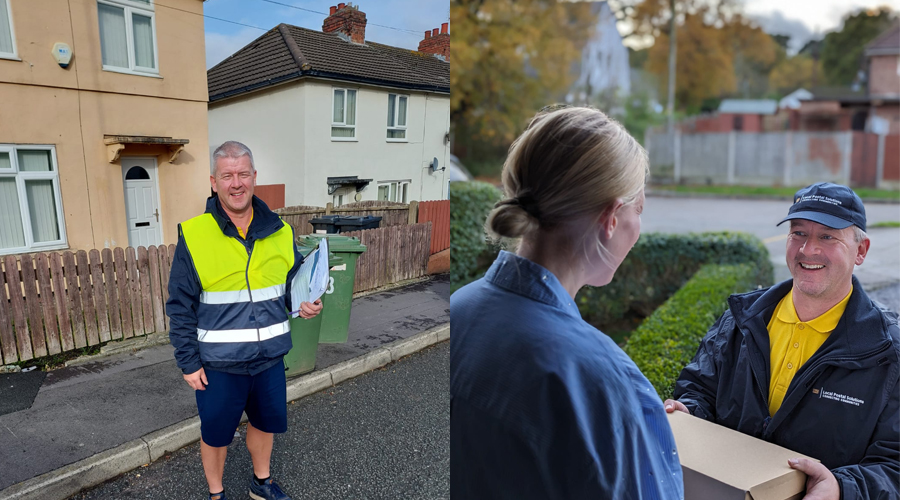Nature thriving thanks to Wirral's pollinator policy
Wirral Council’s commitment to supporting pollinators such as bees, butterflies and other insects is continuing with long grasses and wildflowers growing freely on a number of identified sites across the borough.
These sites are usually recognisable by the presence of a distinctive sign identifying them to residents and visitors as havens for pollinators and somewhere where the council is looking to create the perfect environment for wildlife and nature.
Prioritising pollinators is part of Wirral Council’s response to the Climate Emergency and, depending on the location, these sites might be managed in different ways; by planting pollinator friendly flowers and plants, reducing weed removal in the area or not mowing grass verges when wildflowers of significance are in season.
Not only are pollinator sites a good food source for wildlife, some wildflowers encourage native butterflies to land on them. Maintaining these sites means that wildflowers will be pollinated, but also protects the future of some species – particularly the orange-tipped butterfly.
We have introduced these changes across our green spaces over the last few years to increase planting and growing for pollinators, but there is more that can be done to increase the potential for more pollinator-friendly areas in Wirral - and we value people’s idea on the best ways to do that.
Residents are reminded not to take it upon themselves to cut back grass, trees or other plant life on public land, at least without explicit permission from Wirral Council. They are not permitted – and more importantly, not insured - to carry out work on council land.




